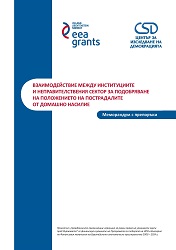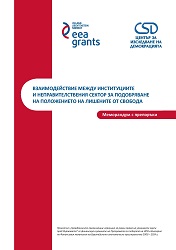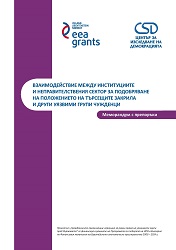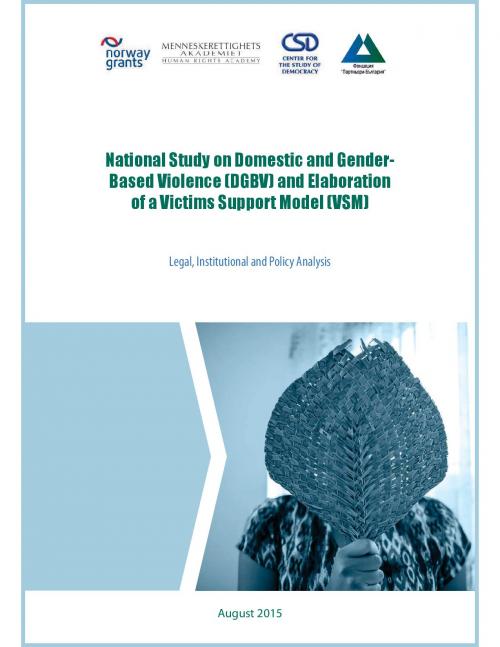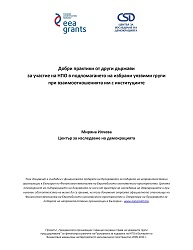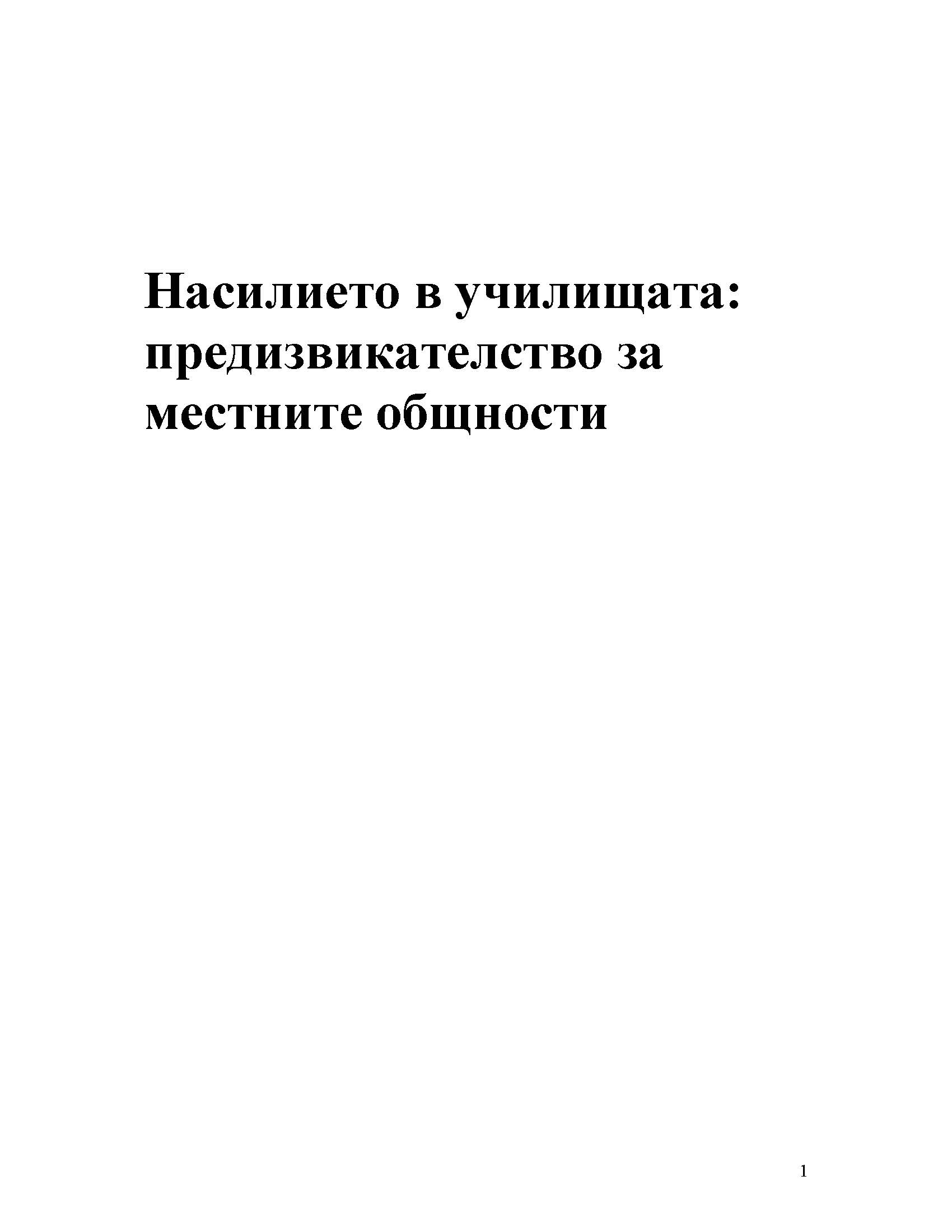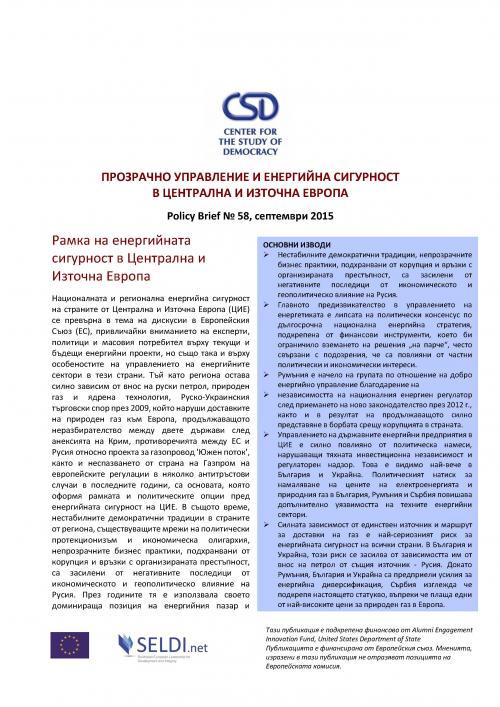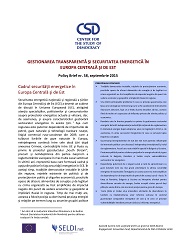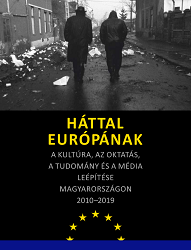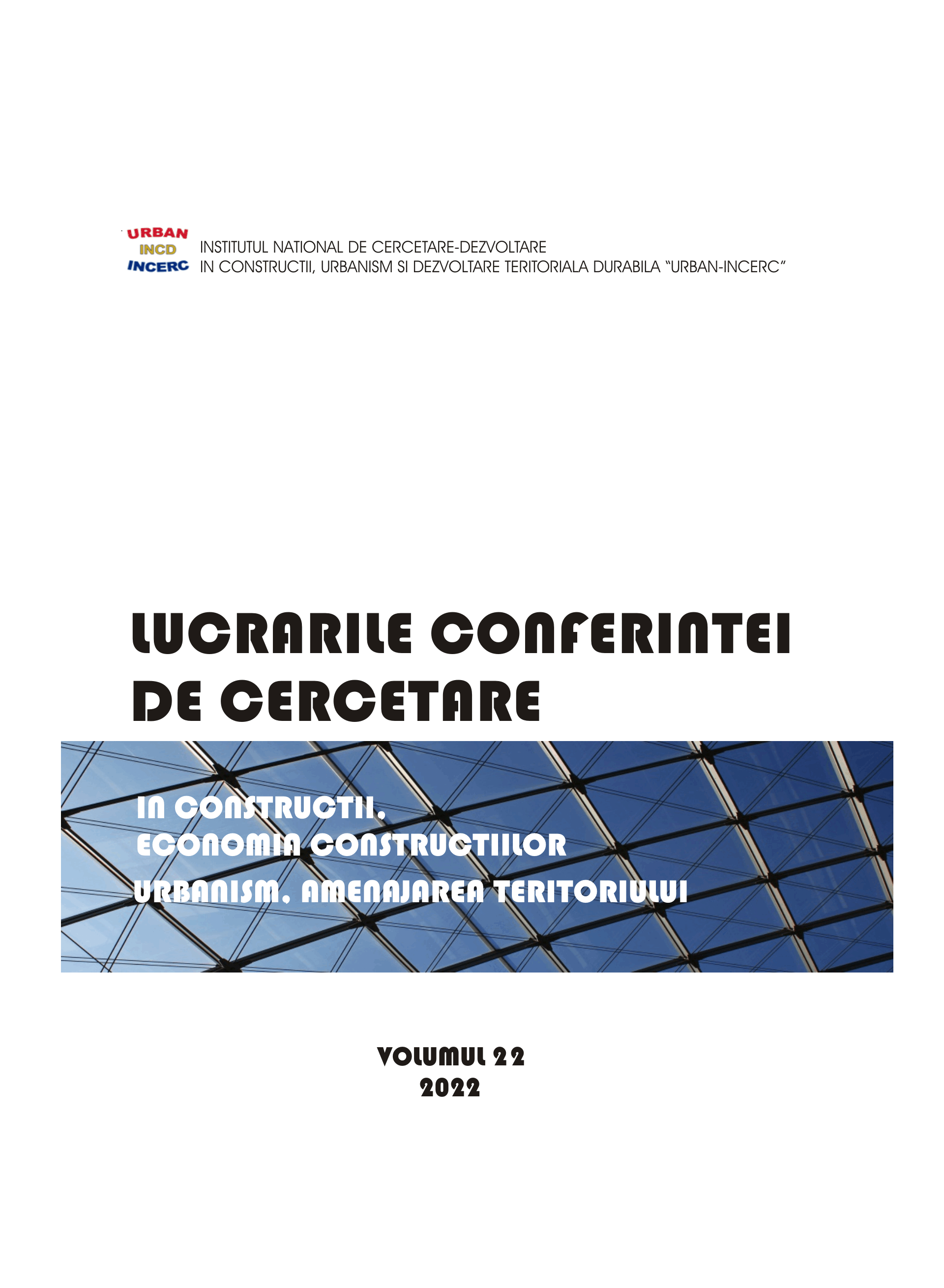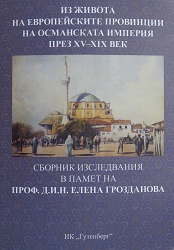
Поселищна мрежа и население в Сакар планина и прилежащия й район през XV-XVI век
This study, based on the ground of unpublished Ottoman tax registers (tapu tahrir defterleri), analyses the "population-area" relationship in the Sakar Mountain and the adjacent area in the 15th-16th century. After detailed selection and translation of the Ottoman tax registers and analysis of the information in terms of settlements, as identified in the registers, the borders of the kaza of Edirne have been established as well as the changes which occurred in that territory; the extent and methods of occupying this administrative area and the ethno-religious structure of the population, within the studies region, have been specified. It has been found that the East, West and North borders of the region of Edirne did not undergo significant changes in time. Only the South border was changed over the years, including towns and villages, adjacent to the kaza of Dimetoka. A typical feature of the settlement network, withing that region, was its instability at the end of 15th and the first half of the 16th century. The small weak settlements prevailed in it - probably still newly populated areas, founded when liberated slaves or colonized population settled the area or they were just old settlements in decline. Int the second half of the 16th century the settlement network became stable and strong and increased its density. Within the period 1485-1570 most densely populated was the area with and altitude of up to 250 m. Together with the process of settling the lowlands another process was taking place - settling of the foothill and the mountain areas of the region. The towns and villages, located in the investigated region, were occupied by Muslims and non-Muslims, as the total number of the households of both religious communities gradually increased in the years.
More...
